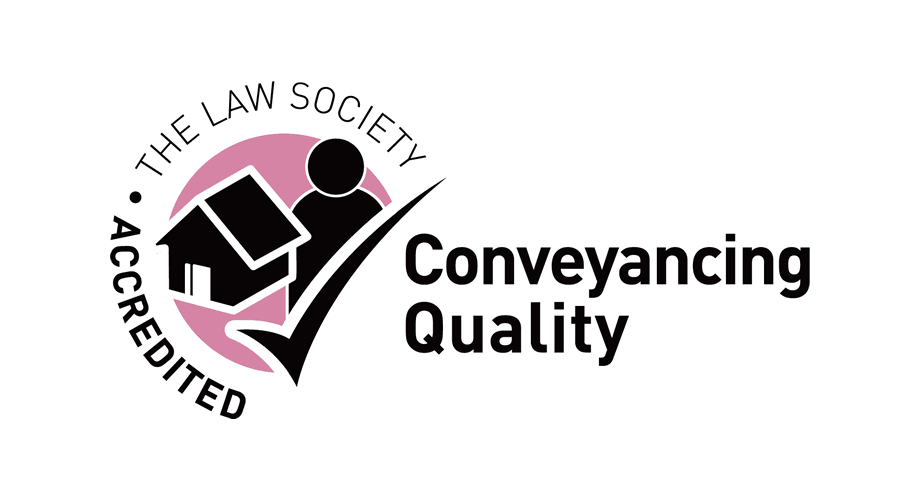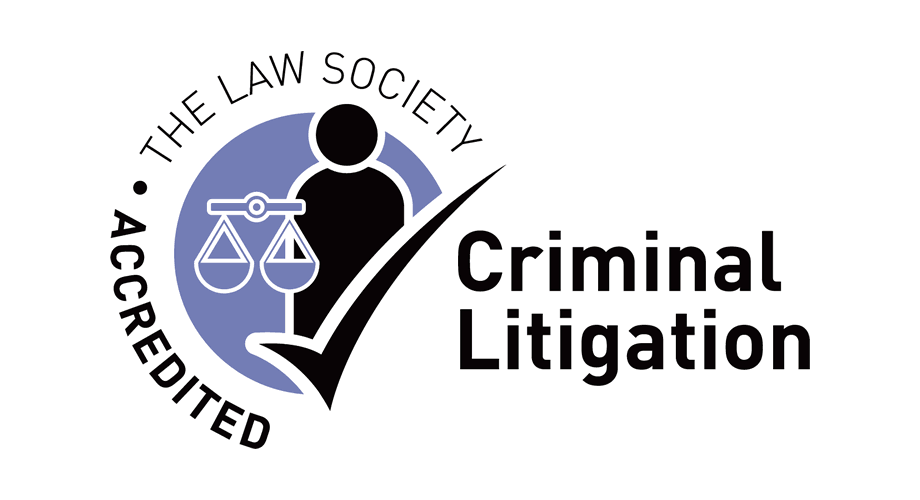0114 249 3222
01246 555 387
It is always better when a couple separate to consider the best interests of their children and, if possible, to reach a clear and workable arrangement.
However, when difficulties arise we are here to help.
Historically on divorce or separation one parent has “custody” the other “access”.
The Children Act 1989 replaced this process and automatically gave equal rights to each parent which meant there was no need to take issues to the Family Court unless difficulties could not be resolved.
New terminology now used “the child will live with” and “the child shall see his or her mother/father under a Child Arrangements Order”.
The tone of proceedings are conciliatory on the basis that an agreement by the parties is always more likely to be successful rather than an order that often does not completely assist either parent.
Parents are encouraged to resolve issues without using the court process and as a result must attend for mediation before issuing an application to the family court.
Our legal team will advise on the process and likely costs and the kind of outcomes if the court has to make a decision.
If an application is made to court it will normally make a child arrangements order which will set out how much time the child spends with each party. Often including holidays, Christmas, birthdays etc.
The court can also make other kinds of children orders including:
Specific Issue Orders
These orders deal with specific aspects of a child’s life, e.g. which religion they should practice, where they should attend school, whether they should be allowed to leave the country for an extended holiday or to permanently live abroad.
Prohibited Steps Orders
These orders prevent a party from doing something, e.g. taking the child out of the UK or the immediate area.
Parental Responsibility
All mothers and most fathers who are on the birth certificate or were married at the time of the child’s birth automatically have parent responsibility. Parental responsibility effectively means that you are a recognised parent in the eyes of the law. Many fathers who do not have parental responsibility are oblivious to this fact, but have full impact to their child’s life because there is no dispute and they have agreed matters with the child’s mother. Sometimes it is only when a dispute arises that a parent becomes aware that they do not have parental responsibility. A court order or agreement can rectify this.
We are here to offer an initial free advice interview. Call us today 0114 249 3222 or 01246 555387 to arrange an appointment.
Looking for a solicitor to assist you? Contact us today


